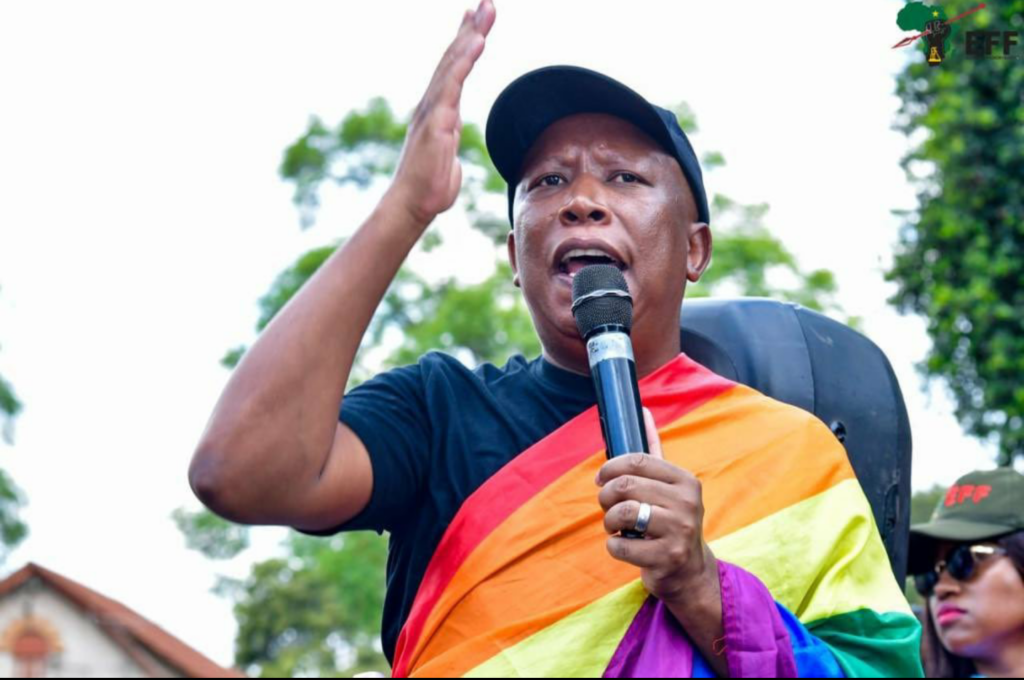
Donald Trump’s recent unveiling of USAID spending has sparked significant controversy, revealing how American taxpayer dollars were allocated to fund various social initiatives abroad. One of the most debated expenditures includes $4.3 million directed toward promoting LGBTQ+ initiatives, specifically men having sex with men in South Africa, and an additional $1.5 million aimed at supporting the transgender and homosexuality in Jamaica.
This revelation has intensified debates over U.S. foreign aid priorities, with critics arguing that such spending does not align with the interests or values of many American taxpayers. Under the Biden administration, USAID has been actively involved in funding gender and sexual identity programs in various countries, often facing pushback from conservative policymakers both in the U.S. and abroad. The Trump administration and its Republican allies have signaled a shift away from such funding, as seen in their recent move to freeze LGBT-related USAID grants in Zimbabwe. africa.dailynewsegypt.com.
Beyond the cultural and moral debates, the exposure of these expenditures has also reignited calls for financial independence from the U.S. dollar. Many nations, particularly those with conservative social policies, are questioning whether reliance on American financial systems and aid is beneficial in the long run. Some have even suggested that countries should explore alternative monetary systems to minimize foreign influence over their domestic policies.
With increasing scrutiny on how the U.S. government allocates its foreign aid budget, Trump’s revelation has prompted broader discussions on national sovereignty, cultural autonomy, and the role of Western financial power in shaping global social policies.











